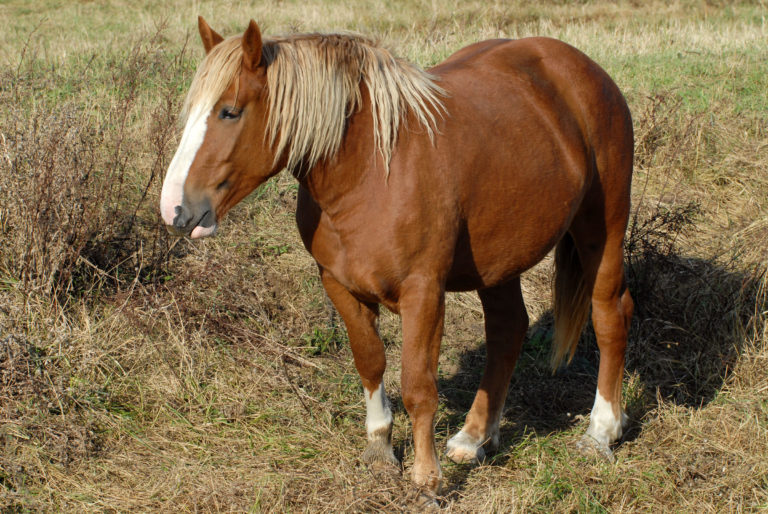
Non-compete clauses might be headed the way of the dinosaur. The Federal Trade Commission (FTC) is proposing to make non-compete clauses illegal in employment contracts. This could mean big changes in the equine veterinary industry.
What Is a Non-Compete
“This is one of the few legal terms that means what it says,” said Milton C. Toby, JD (retired).
This means that the employee can’t compete against the employer under certain restrictions. The restrictions could be geographic, meaning you can’t practice within a certain geographic area.That could be a 10-mile or 100-mile distance from the current employer.
The restriction also could be based on time. The non-compete clause might specify you can’t compete in a certain area for a specific amount of time. That could be any length of time…one year or three years or more.
The non-compete clause might prevent you from starting your own business or working for competitors based on the above restrictions.
Why Non-Compete Clauses Exist
Toby explained that non-compete clauses were first introduced across employment in the entire economy to protect employers.
When an employer hires an employee, the company or business owner spends time and resources training that person. The employee also gains access to company “secrets” and clients.
If the employee left, he or she could take those “secrets” (how we make our peanut butter) or clients to a competitor or start his or her own business and compete against the company or individual that provided training.
If non-compete clauses are determined to be illegal, then none of these protections will be in place.
Benefit to Employees
If non-compete clauses are banned, then when an employee wants to change jobs without having to move away from home, he or she can do that.
Employees can leave and start their own businesses, directly competing against a former employer.
Employees who are offered better jobs—whether that means more pay or better working conditions or benefits—could take those jobs without fear of being sued.
What’s Next
There is much more that has to be done before non-compete clauses are made illegal. There is also more behind the reasons for the FTC’s movement to delete current and future non-compete clauses.
Listen to Toby discuss this movement in this episode of The Business of Practice podcast to learn more about what this change might mean to your business.
About Milton C. Toby, JD (retired)
Milton C. Toby—who is married to an equine veterinarian—is an award-winning author and photographer. He won a national writing award presented from the American Society of Journalists and Authors for his article in The Blood-Horse about his book Taking Shergar: Horse Racing’s Most Famous Cold Case. Previous books he has authored include Dancer’s Image: The Forgotten Story of the 1968 Kentucky Derby (winner of the Dr. Tony Ryan Book Award for the best book about Thoroughbred racing and an American Horse Publications award for the best equine book of the year) and Noor: A Champion Thoroughbred’s Unlikely Journey from California to Kentucky (selected as the best book about horse racing at the 2016 EQUUS Film Festival and the author’s second AHP award winner).








